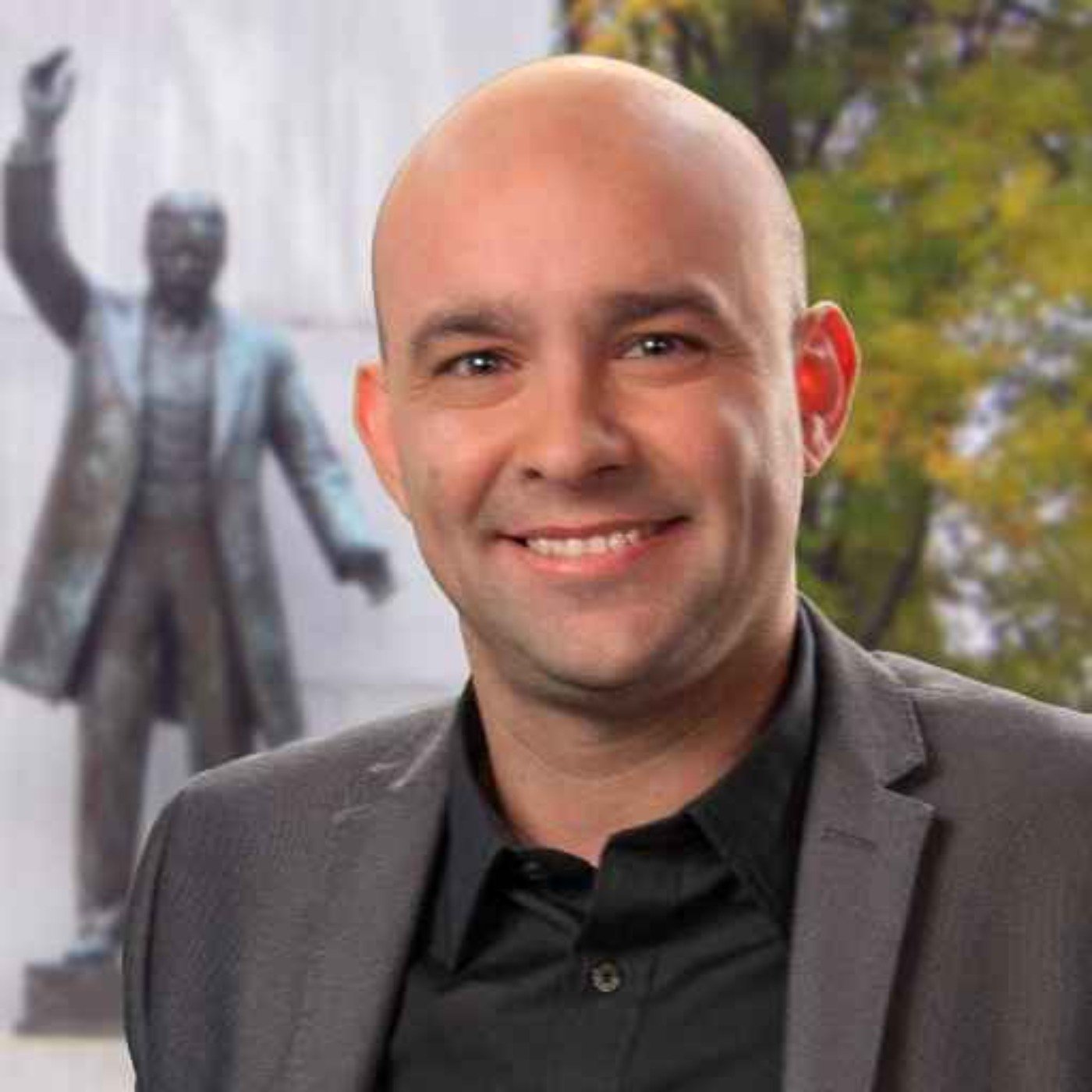Episode 5: Teddy Roosevelt & The Great Coal Strike of 1902
A full transcript of this episode can be found here.
Welcome to The Past, The Promise, The Presidency Season II, Episode V: Teddy Roosevelt & The Great Coal Strike of 1902.
In 1902, miners under the leadership of John Mitchell and the United Mine Workers went on strike to protest long hours, low pay, and unsafe working conditions. Mine operators and owners were determined not to concede to the miners' demands or to recognize their right to organize as workers. With winter approaching, millions of Americans faced freezing conditions and would be unable to heat their homes without the anthracite coal that their work provided.
Enter Theodore Roosevelt, the young, active president eager to put an end to the conflict and to make his mark on the presidency. T.R. invited both Mitchell and the mine operators to a private conference in the oval office. The meeting itself was a sign of Mitchell and the mine workers’ legitimacy, and he could afford to be accommodating and pleasant. The coal operators, on the other hand, resented T.R.'s interference, refuse to compromise and swore they'd produce enough coal for the nation's needs that winter without the help of Roosevelt or the unionizing coal workers.
When the operators failed to follow through on that promise, and with Americans increasingly cold and anxious as a consequence, T.R. sprung into action once more. He proposed an independent commission to resolve the dispute and turned to his sometimes friend, sometimes foe, banker JP Morgan, to pressure the mine operators into agreeing to the commission.
What did the commission decide and did both sides agree to the terms?
What can the Great Coal Strike of 1902 teach us about the power of the president to intervene in disputes between unions and big business?
First we chatted with Susan Berfield, an award winning writer and reporter for Bloomberg. She's also the author of The Hour of Fate: Theodore Roosevelt, J.P. Morgan, and the Battle to Transform American Capitalism. So she literally wrote the book on this clash between financial giants and organized labor.
We then spoke with one of our favorites from season one. Michael Cullinane is a professor of US History at the University of Roehampton, London. He is also the author of Theodore Roosevelt's Ghost: The History and Memory of an American Icon and an expert on all things T.R.
Guests:
Susan Berfield is the author of The Hour of Fate: Theodore Roosevelt, J.P. Morgan, and the Battle to Transform American Capitalism
Susan Berfield is the author of The Hour of Fate: Theodore Roosevelt, J.P. Morgan, and the Battle to Transform American Capitalism.
Berfield is also an award-winning feature writer and investigative reporter for Bloomberg Businessweek and Bloomberg News where she’s exposed how Walmart spies on its workers, uncovered a con man who talked a small Missouri town out of millions, and revealed how Beverly Hills billionaires bought up an enormous water supply in the Central Valley.
You can also follow Berfield on Twitter @susanberfield.
Dr. Michael Patrick Cullinane is a professor of US History at the University of Roehampton, London
Dr. Michael Patrick Cullinane is a professor of US History at the University of Roehampton, London.
Dr. Cullinane’s book, Theodore Roosevelt's Ghost: The History and Memory of an American Icon, is the first comprehensive examination of Roosevelt’s legacy and it details the frequent refashioning of this American icon in popular memory. Dr. Cullinane is also working on a new book called Remembering Theodore Roosevelt, which draws on brand new primary sources material.
Dr. Cullinane is also the host of a new podcast about the seismic transitions that took place in the United States from the 1870s to 1920s called The Gilded Age and The Progressive Era.
You can follow him on Twitter @MichaelCullina2.


